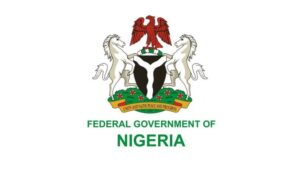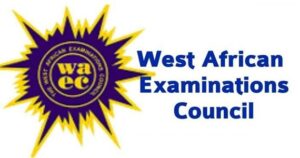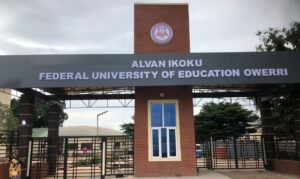Federal Students’ Loan Scheme Kicks Off in 126 Tertiary Institutions

The much-anticipated federal government’s students’ loan initiative has taken off, with 126 tertiary institutions across Nigeria set to benefit in the first phase of implementation.
Under the scheme, students from indigent backgrounds and financially constrained families will have access to interest-free loans to cover tuition and other educational expenses during their courses of study.
The beneficiary institutions comprise 48 federal universities, 59 polytechnics, and 19 colleges of education owned by the federal government.
According to the scheme’s guidelines, qualifying students will be able to access a maximum of N500,000 per year, repayable over a period of 20 years after graduation and a two-year grace period to secure employment.
Funds disbursed directly to beneficiaries will help offset costs including tuition, accommodation, books, and other learning materials to ease the financial burden on parents and guardians.
The Minister of Education stated that the loan program aims to increase access to quality education, curb the menace of study disruptions due to fee issues, and produce more skilled graduates for national development.
Beneficiary institutions have been directed to establish student loan offices to facilitate application processing, fund disbursement, and subsequent repayment coordination after graduation.
To ensure sustainability, the scheme will be funded through a special education tax as well as contributions from the government, private sector organizations, and stakeholders.
Civil society groups have welcomed the initiative but urged for proper oversight, transparency, and fairness in loan selection and disbursement processes across all participating tertiary institutions.
The student loan scheme forms part of the federal government’s agenda to revamp the education sector and produce globally competitive graduates for economic growth.
Relevant Tags: Students’ loans, Tertiary education financing, Access to education, Federal government initiatives, Universities, Polytechnics, Colleges of Education, Education funding, Student welfare, National development.




